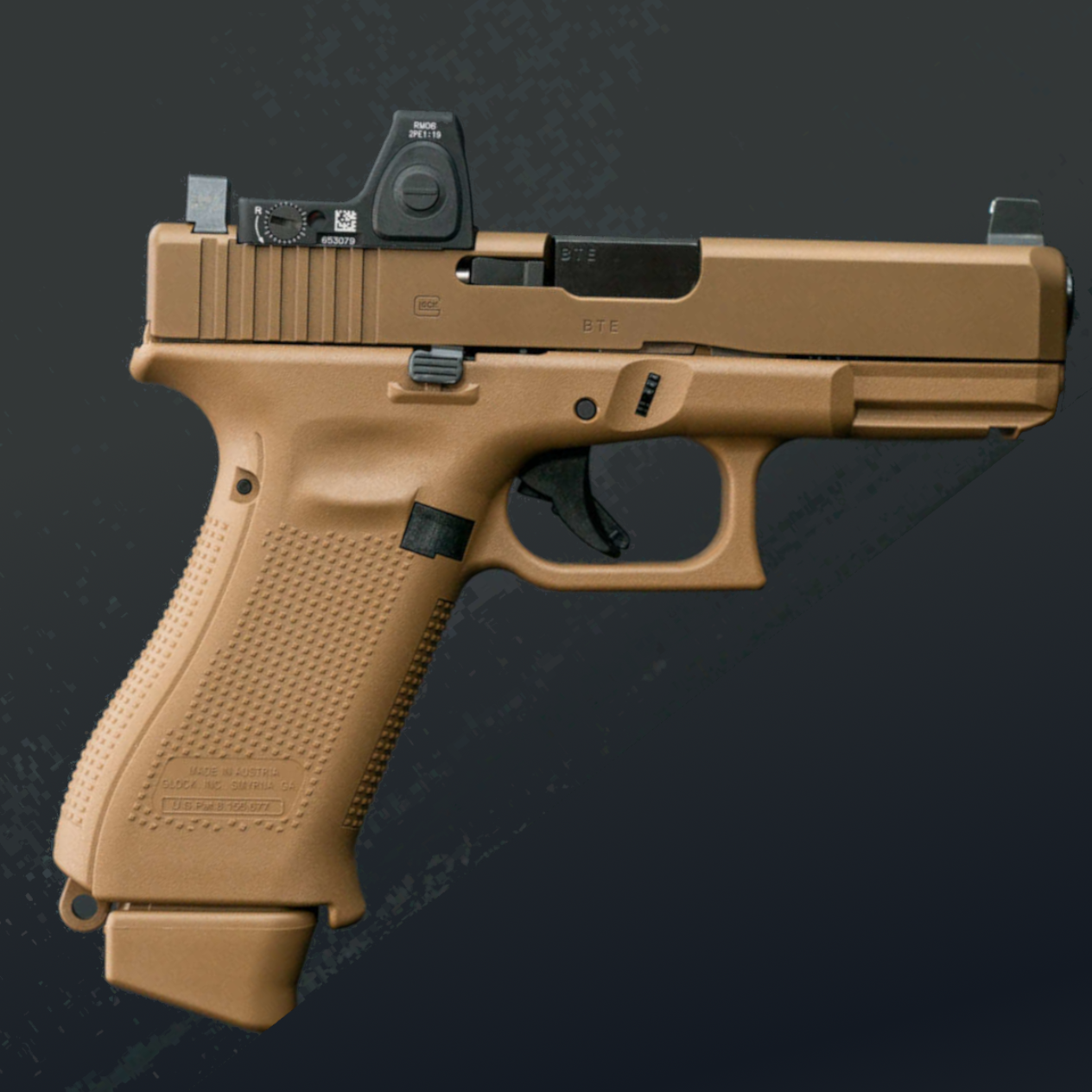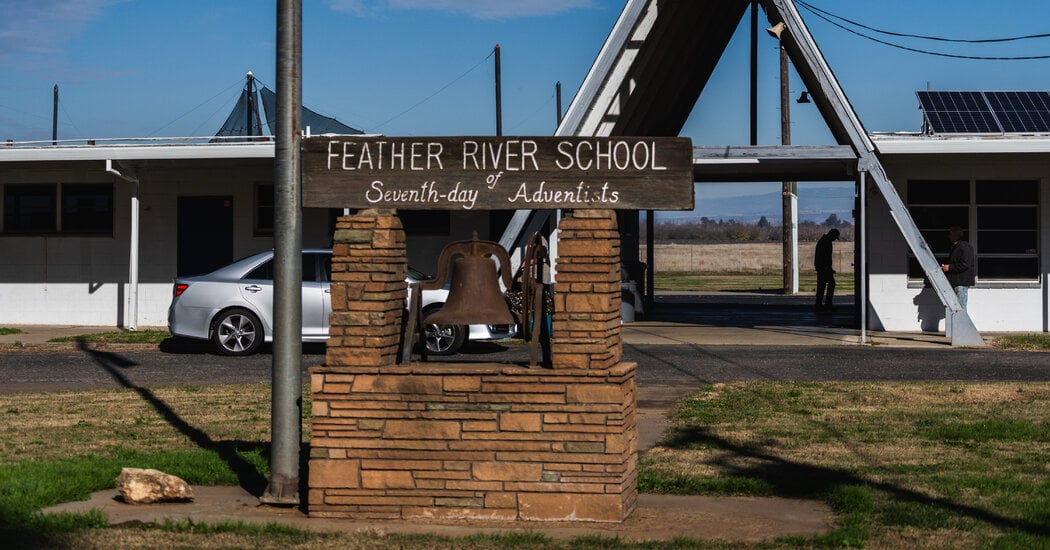- cross-posted to:
- [email protected]
- [email protected]
- cross-posted to:
- [email protected]
- [email protected]
Mr. Litton, however, could not legally buy a gun because he was a felon. Mr. Honea said investigators believed that the handgun that Mr. Litton used was a homemade, untraceable gun made of parts from different weapons, often called a “ghost gun.”
So, what did California’s gun control regime accomplish here?
cross-posted from: https://lemmy.crimedad.work/post/159095
Here’s the archive link: http://archive.today/2024.12.06-125212/https://www.nytimes.com/2024/12/05/us/school-shooting-california-kindergarteners.html



“investigators believed that the handgun that Mr. Litton used was a homemade, untraceable gun made of parts from different weapons”
I wonder what they mean by that. The frame of a glock (for example) is the only part that is considered a firearm by the govt. That is what is registered because the collection of parts won’t work without it
The rest is all just parts that can be bought/replaced as desired by the owner. It’s just steel tube, springs and other small parts. That is what makes it popular - simple and reliable design. (btw the box in the photo is not relevant to this comment)
So did the guy mix and match factory pistol parts, scrape off serial numbers or 3D print/machine a frame or other components?
My bet is “they just don’t really know what they’re talking about.”
As usual I might add. The news/journalists aren’t necessarily known for having a deep knowledge about firearms or the local laws surrounding them.